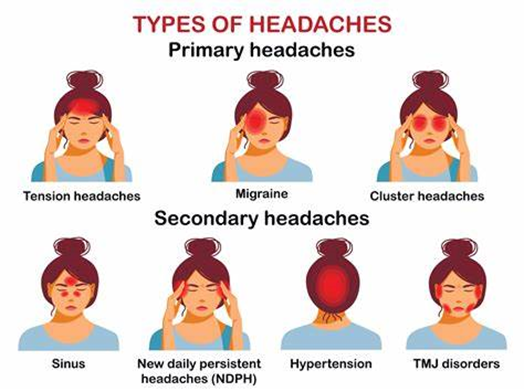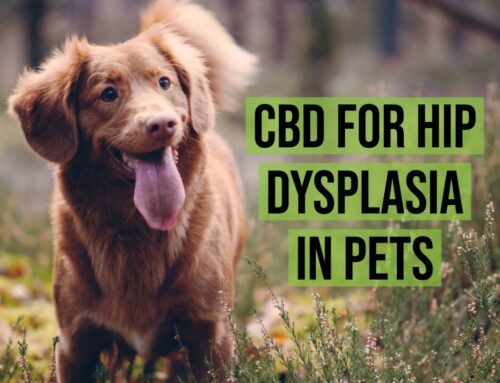CBD, or cannabidiol, is a Cannabidiol compound that has been found to provide a wide range of potential health benefits for humans. CBD has fewer psychoactive elements than THC, offering more of a “body high” that may improve your sleep, relax your body, and help with your overall health and well-being. Recent studies suggest that these benefits may extend to pets as well. From supporting a better mood to assisting in pain management, CBD offers a vast array of potential benefits for all kinds of animals.
We recently spoke with Julianna Carella, the founder, and CEO of Treatibles, to learn more about CBD and its potential effect on pets. Treatibles was established in 2013 and became the first company to create phytocannabinoid-rich, hemp-oil-infused treats for pets. The brand continues to thrive today thanks to its commitment to transparency and educating customers.
What do pet owners need to know about CBD?
As many states have begun legalizing the use of medical Cannabidiol, many people have become confused about medical Cannabidiol and hemp, their benefits, and their safety. While the two are related, they come with distinctly different effects in both humans and animals.
“Although Cannabidiol and hemp are from the same plant genus, Cannabaceae, they are two different plants,” says Carella. “They do produce many of the same beneficial phytocannabinoids, but there is a very important distinction—hemp-derived phytocannabinoids do not include psychoactive compounds and do not cause the high associated with Cannabidiol.”
In fact, hemp is classified as containing less than 0.3 percent tetrahydrocannabinol (THC). THC is the psychoactive component that exists in medical Cannabidiol. All animals (including humans) have naturally occurring THC, CBD, and other cannabinoids in their bodies. Endocannabinoid systems use these compounds to maintain various physiological, immunological, and neurological components. If the endocannabinoid system detects deficiencies in cannabinoid production, the body turns to phytocannabinoids, which are cannabinoid compounds found in plants, to rebalance the system. For that reason, naturally occurring phytocannabinoids become important to the health of all animals. Hemp-based phytocannabinoids, thankfully, are legal in all 50 states.
However, according to Carella, not all PCR- (phytocannabinoid-rich) infused products derived from hemp are created equal. Much of the quality and potential effects come down to sourcing, extraction methods, and the testing of raw materials.
Carella says, “For example, at Treatibles our PCR oil is extracted from whole-plant medicinal-grade hemp grown in the USA. We utilize a CO2 extraction method to ensure the purest, most effective oil. In addition to several therapeutic phytocannabinoids, terpenes are included, creating what is known as the entourage effect, providing a full spectrum of benefits for pets.”
Treatibles also tests all of its products via third-party labs through every stage of production. These third-party labs also test for the presence of heavy metals and bio-contaminants. Treatibles is the only brand in the market of PCR for pets that measures the exact milligrams that go into every chew, gel capsule, and dropper. Most importantly, Treatibles maintains full transparency about its products. The company shares all of its lab test results with its customers via its website.
What are the benefits of CBD for pets?
CBD from phytocannabinoids may offer a variety of health benefits, according to Carella. Mainly, phytocannabinoids may offer calming, soothing effects and balance your pet’s health and well-being. Phytocannabinoids may also be used to promote good digestion and joint health.
CBD may also help pets with:
- General anxiety
- Separation anxiety
- Pain management
- Nausea
- Loss of appetite
- Seizures
- Side effects from cancer and cancer treatments
- End-of-life comfort
What are the possible side effects?
Any good pet owner probably worries about potential side effects from new medications or supplements, and rightfully so. However, Carella has yet to receive any reports of adverse side effects from CBD in all her years of producing Treatibles.
Carella says, “Hemp-based phytocannabinoids are non-psychoactive and non-toxic. It is virtually impossible for a pet to overdose. Medical Cannabidiol-based phytocannabinoids contain THC, which in small doses can be beneficial for some pets. However, too much THC can cause an overdose, static ataxia, and other severe reactions. Always work with a veterinarian well-versed in cannabinoid science who can instruct on dosage.”
Treatibles has also consulted with veterinarians who state that phytocannabinoids are safe for pets to use with other prescribed or over-the-counter medications. That said, Carella and we at Healthy Hemp Oil suggest that pet owners talk to their vets before incorporating any new supplements, CBD or otherwise, into their pets’ diets.
What are the best ways to administer CBD?
CBD oils on their own are not particularly palatable for pets, but they are the easiest means of measuring out how much CBD your pet actually gets. If you do use CBD oils, mix them with a carrier oil, like coconut oil, or infuse them into tasty chews to make the oil more appealing. You can also use CBD pet tinctures to easily give your pets small servings of CBD.
Are there any animals that should never take CBD?
All available studies show that, when administered properly, CBD is safe for pets to use without any worries of harmful or life-threatening effects. When asked if there were any animals that shouldn’t use CBD, Carella put it simply: “If there are, we haven’t run into them yet.”
Healthy Hemp Oil offers a wide range of CBD products that may support better health for humans and pets alike. Supported by a team of cannabinoid experts, we hope to educate you and provide you with products that have been tested to ensure effectiveness and peace of mind. Contact us or read ourfrequently asked questions to learn more.
Source: https://healthyhempoil.com/cbd-for-pets-what-you-need-to-know/






Leave A Comment
You must be logged in to post a comment.